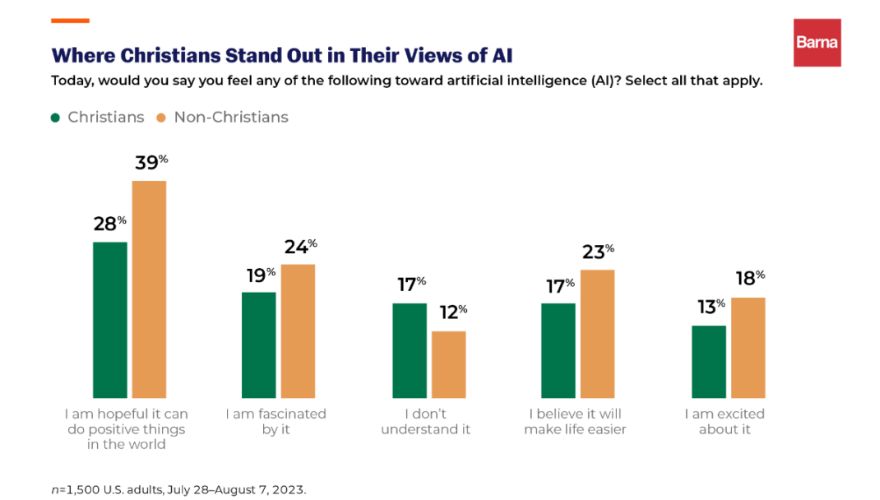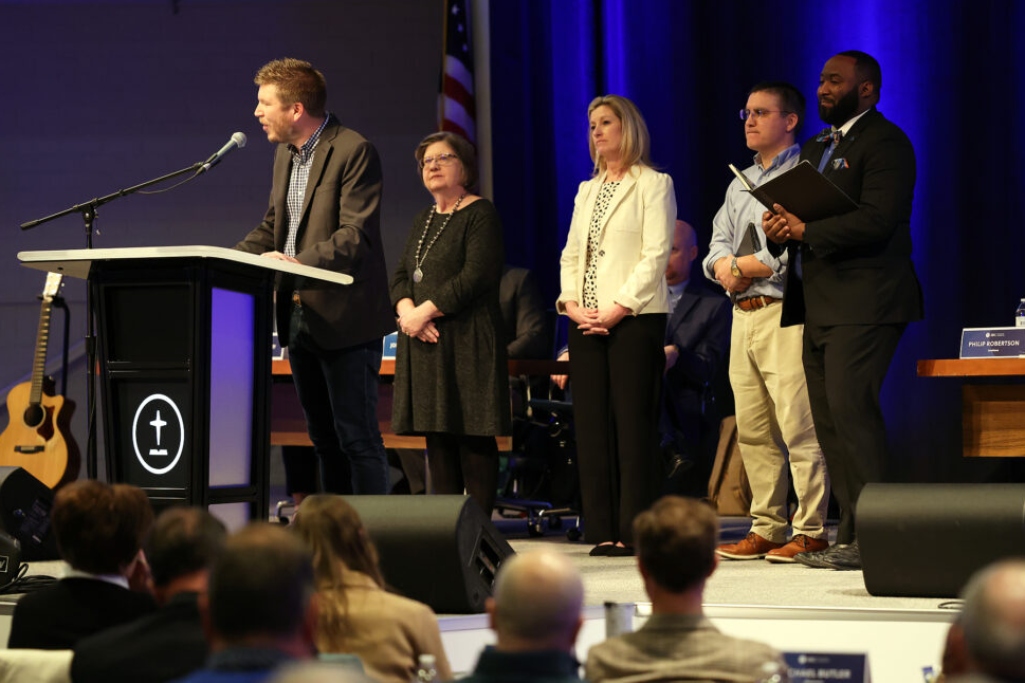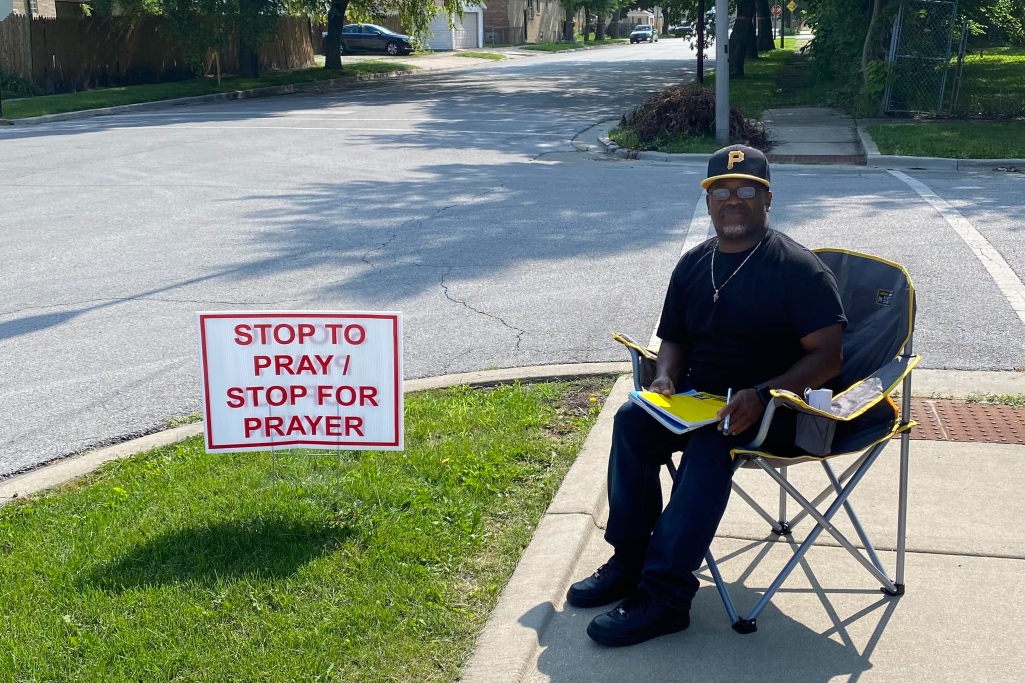
VENTURA, Calif. (BP) – Christians have less confidence in artificial intelligence (AI) than non-Christians, especially when it comes to AI use by churches, Barna Group and Gloo researchers found.
More than half of Christians, 51 percent, said they don’t believe the church and AI should ever intersect. About the same portion, 52 percent, said they’d be disappointed to learn their own church was using AI.
AI has been explored for such uses as sermon preparation and transcription, language translation including Greek and Hebrew, and the creation of art or graphics for sermon illustrations.
Only 22 percent of Christians said AI is good for the church, researchers found, with only 6 percent of respondents strongly expressing the belief.
The skepticism should encourage churches to evaluate AI carefully and responsibly, Gloo, a tech platform for ministry leaders, said in releasing the data Nov. 8. Christians have a responsibility to explore how AI can be used for good, godly purposes that will advance human flourishing, Gloo believes.
“We at Gloo believe we have a moral imperative to use these types of technologies,” Steve Billings, director of Gloo AI initiatives, said on Moody Radio just days in advance of the release. “And not just to use them for our own pleasures, or to see the world use them to advance the world’s purposes, but for us to really pursue what are God’s purposes for these types of technologies.”

Among the study’s top findings:
- More than a quarter of Christians, 28 percent, are hopeful AI can do positive things in the world, compared to 39 percent of non-Christians.
- 27 percent of Christians said they don’t know whether the church should use AI, which Gloo and Barna said indicates a sizable portion of Christians are still making up their minds.
- 19 percent of Christians are fascinated by AI, compared to 24 percent of non-Christians.
- A greater percentage of Christians, 17 percent, don’t understand AI, than the 12 percent of non-Christians who said the same.
Researchers compared the plight of AI, promoted in ministry by such tools as ChatGPT, OpenAI, Jasper and Midjourney, to that of the internet, which sparked skepticism when it was introduced, but is seen widely as essential today.
Kenny Jahng, founder of AiForChurchLeaders.com, recently shared this perspective to attendees at a Barna-led cohort on tech and AI:
“There’s all this fear that AI is going to be taking over the world, it’s going to be human versus machine. [But] if we step back and look at it, there are things that AI is really good for,” Barna quoted Kenny Jahng, who is also editor-in-chief of ChurchTechToday.com. “Technology is here to serve us and not the other way around.”
The findings are based on an online survey of 1,500 American adults, conducted July 28-Aug. 7 by a consumer research panel. Representation was spread across regions, race/ ethnicity, education age and gender, based on U.S. Census Bureau numbers.
Barna’s narrative of research findings is available here.
(EDITOR’S NOTE – Diana Chandler is Baptist Press’ senior writer.)


